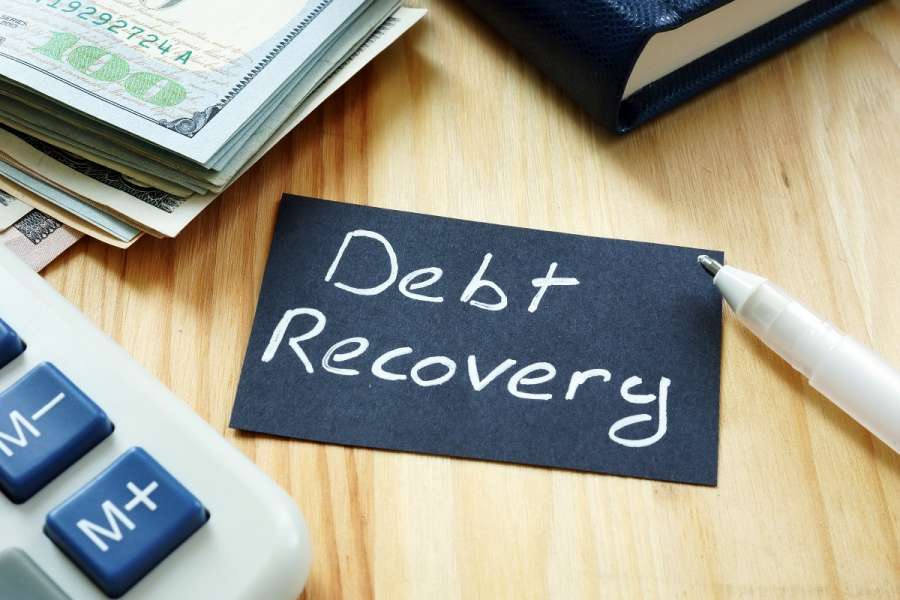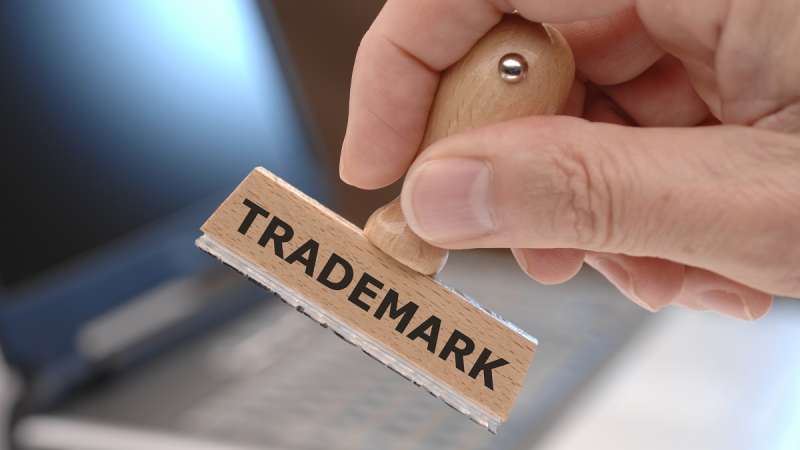If the letter of claim is ignored or the debtor does not provide any proper arguments as to why the debt is not owed, one option available to you is to issue Court proceedings to recover the debt.
Such claims are normally brought in accordance with the Civil Procedure Rules, which govern the conduct of litigation in England and Wales.
It can be the case that issuing Court proceedings prompts payment of the debt unless there are genuine reasons as to why the debt is not owing, in which case the debtor may respond to the Court proceedings by filing a Defence or Counterclaim.
Issuing Court proceedings is a formal process that requires a Claim Form and Particulars of Claim to be drafted and filed with the Court.
A Court fee is payable when the Court proceedings are sent to the Court for issuing, and the amount payable depends on the value of the claim.
Your business debt recovery solicitor will be able to advise you on the amount payable.
Once the Court has issued the Court proceedings, the Court will usually serve the Court proceedings on the debtor.
Alternatively, the Court may ask the creditor's solicitor to serve the Court proceedings.
There are particular rules (contained in the Civil Procedure Rules mentioned above) which must be followed regarding serving the Court proceedings.
Following service of the Court proceedings, the debtor normally has 14 days to respond to the Court proceedings.
If the debtor does not respond to the Court proceedings in time, then the creditor can apply to the Court for Default Judgment.
Once Default Judgment has been obtained, steps can be taken to enforce the Judgment.
If your debtor responds to the Court proceedings then depending on how the debtor responds, your debt recovery solicitor will be able to advise on next steps.












